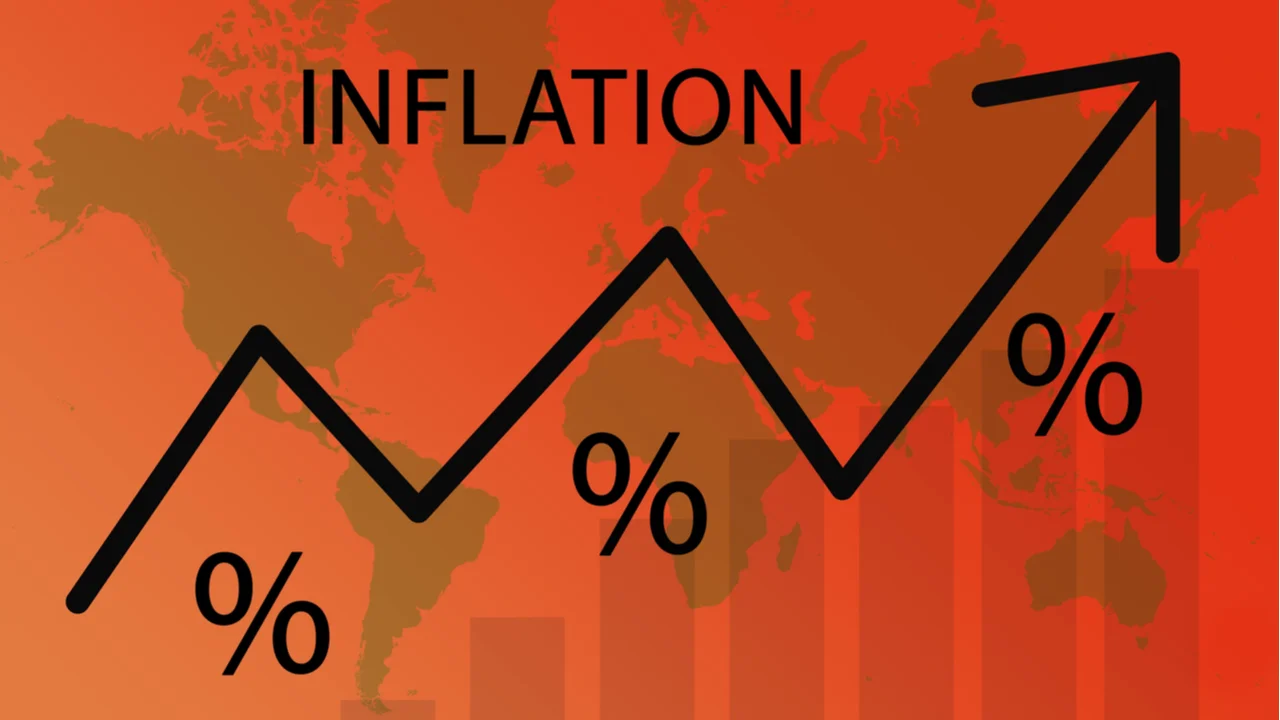Worsened inflation, rising unemployment, and increased poverty rates have led to the closure of over 10 million small businesses affiliated with the Association of Small Business Owners of Nigeria (ASBON) in 2023.
ASBON’s President, Femi Egbesola, revealed this distressing information during a recent interview, attributing the closures to the economic hardships faced by businesses.
The removal of subsidies by President Bola Tinubu in May, coupled with subsequent hikes in the pump price of petrol and essential commodities, exacerbated the economic challenges, contributing to widespread business shutdowns.
Related News: Moody’s: High Inflation in Nigeria Increases Risk of Social Unrest
The National Bureau of Statistics reported a headline inflation rate of 28.20% in November 2023, up from 27.33% in October.
Egbesola disclosed that the ASBON experienced a 25% decline in businesses throughout the year, a concerning and significant figure derived from comprehensive research.
With 40 million Micro, Small, and Medium-sized Enterprises (MSMEs) in the country, losing 10 million businesses is deemed alarming by Egbesola.
He emphasized the critical role of the MSME sector in the country’s economy and suggested that in some countries, the magnitude of such business closures would prompt the government to declare a state of emergency in the sector.
Egbesola raised questions about the lack of micro or small businesses transforming into larger entities over the past decade, signaling a potential issue hindering growth.
The economic hardships experienced by ASBON members highlight the urgent need for intervention and support to revitalize the small business sector.
The impact of these closures extends beyond economic concerns, with social and developmental repercussions such as increased unemployment, lack of innovation, and heightened poverty.
You can also read: Nigeria Faces Criticism from World Bank over Transparency in Oil Revenue Reporting


